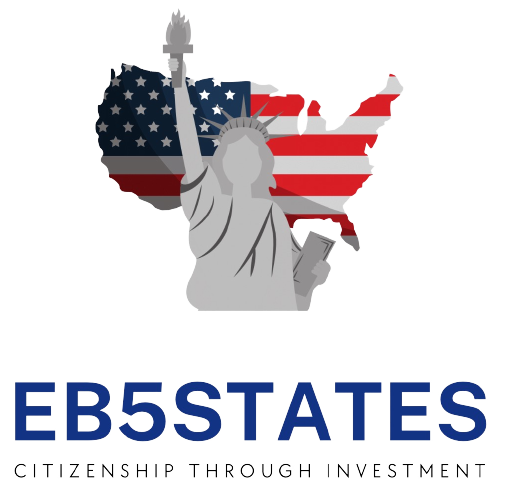EB-3 interview questions can be complex at times. Any misrepresentation of facts can lead to a green card denial by USCIS officers. To avoid costly mistakes in your visa application, you will benefit greatly from the service of an immigration lawyer to help you file your forms and supporting documents as required by immigration laws.

